10 “Health Foods” That Wreck Your Gut Over Time
In the quest for optimal health, many individuals turn to foods labeled as "healthy," believing these choices will nourish their bodies and support their wellness goals. However, what if some of these seemingly beneficial foods could actually harm your gut health over time? This article embarks on a journey through the surprising side of health foods that may inadvertently sabotage your gut. We will delve into the intricacies of how certain popular health foods, despite their positive reputations, can disrupt gut flora, lead to digestive issues, and ultimately impact overall health. Prepare to uncover the hidden truths behind these dietary choices and learn how to navigate the complex landscape of nutrition with a more informed perspective.
1. The Paradox of Whole Grains
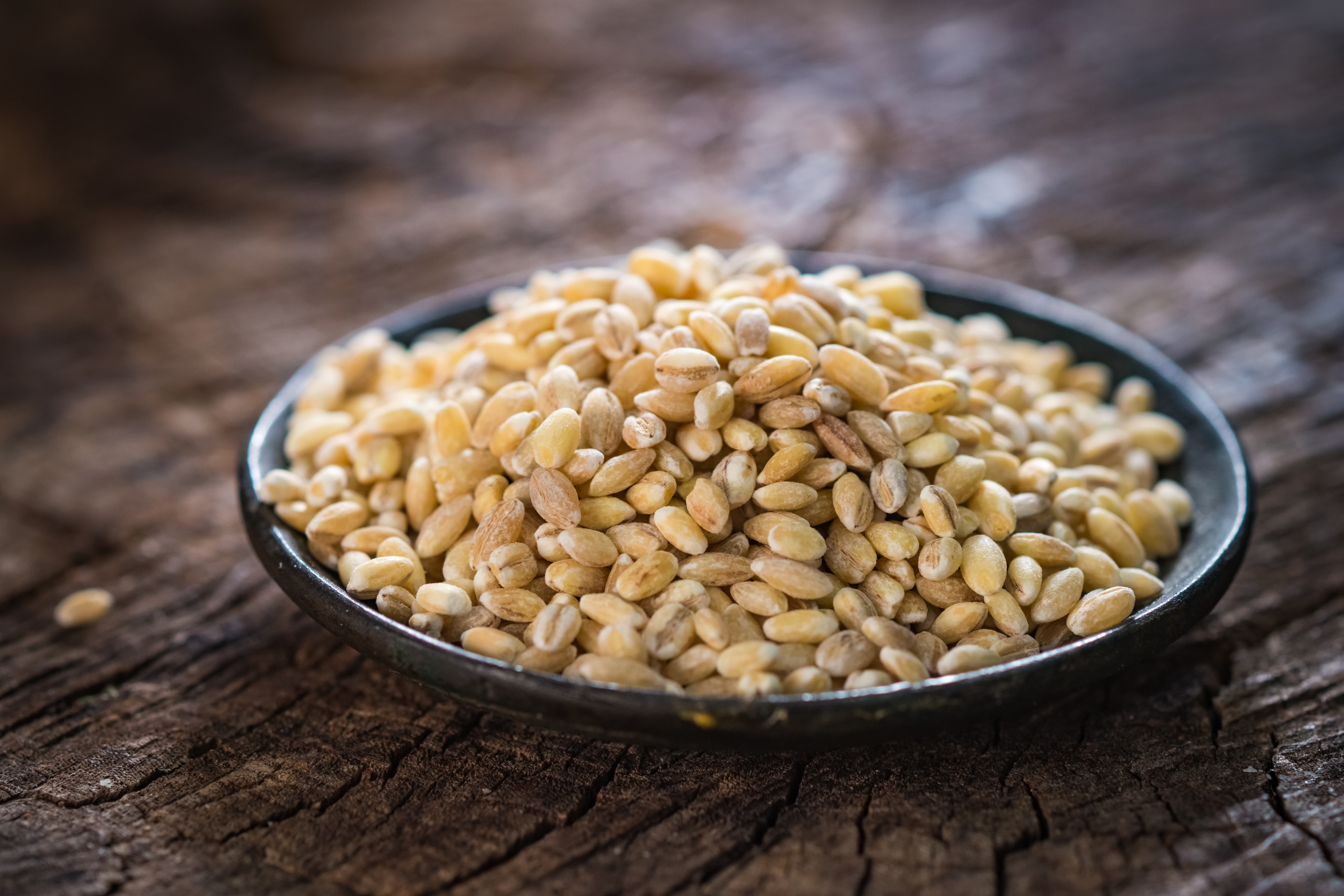
Whole grains often top the list of recommended health foods due to their fiber content and nutritional value. However, for some individuals, particularly those with gluten sensitivities or intolerances, whole grains can be problematic. The presence of antinutrients like phytic acid can interfere with nutrient absorption, while gluten can trigger inflammation in sensitive individuals, leading to gut irritation. Moreover, the high fiber content, although beneficial for many, can cause bloating and discomfort if introduced too rapidly or in excessive amounts. Understanding your body's response to whole grains is crucial in maintaining a balanced gut environment.
2. The Dark Side of Artificial Sweeteners

Artificial sweeteners are often marketed as a healthier alternative to sugar, especially for those looking to cut calories or manage diabetes. However, studies suggest that these sweeteners, such as aspartame and sucralose, can negatively affect gut microbiota. They may alter the balance of gut bacteria, leading to glucose intolerance and metabolic issues. Furthermore, some artificial sweeteners can cause digestive discomfort, including bloating and diarrhea. It's essential to approach these sugar substitutes with caution and consider their potential long-term impacts on gut health.
3. The Fermented Food Conundrum

Fermented foods like yogurt, kimchi, and sauerkraut are celebrated for their probiotic content, which can support gut health by introducing beneficial bacteria. However, not all fermented foods are created equal, and some may contain high levels of histamine or be poorly tolerated by individuals with specific gut sensitivities. Overconsumption can lead to an imbalance in gut flora, resulting in symptoms such as gas, bloating, and even histamine intolerance reactions. Moderation and careful selection of fermented foods are key to reaping their benefits without adverse effects.
4. The Nutty Truth About Almonds
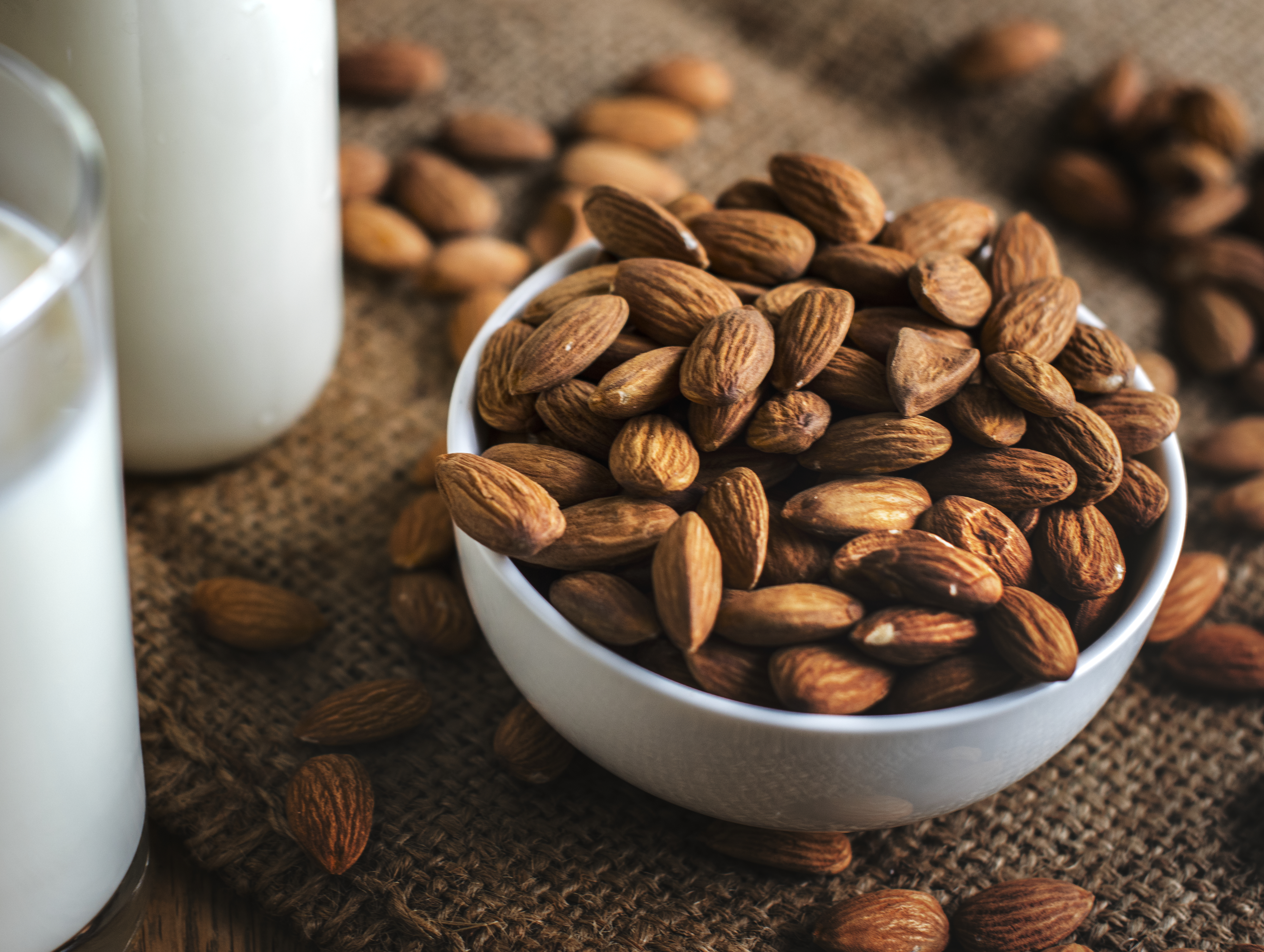
Almonds are often hailed as a nutritious snack, rich in healthy fats, protein, and fiber. Yet, for some, almonds can be difficult to digest due to their high phytic acid content, which can inhibit mineral absorption. Additionally, the fiber in almonds, while beneficial, can cause digestive distress if consumed in large quantities, especially for those with sensitive guts. Soaking or sprouting almonds can help reduce their antinutrient content, making them easier to digest and less likely to disrupt gut health.
5. The Controversy of Plant-Based Proteins
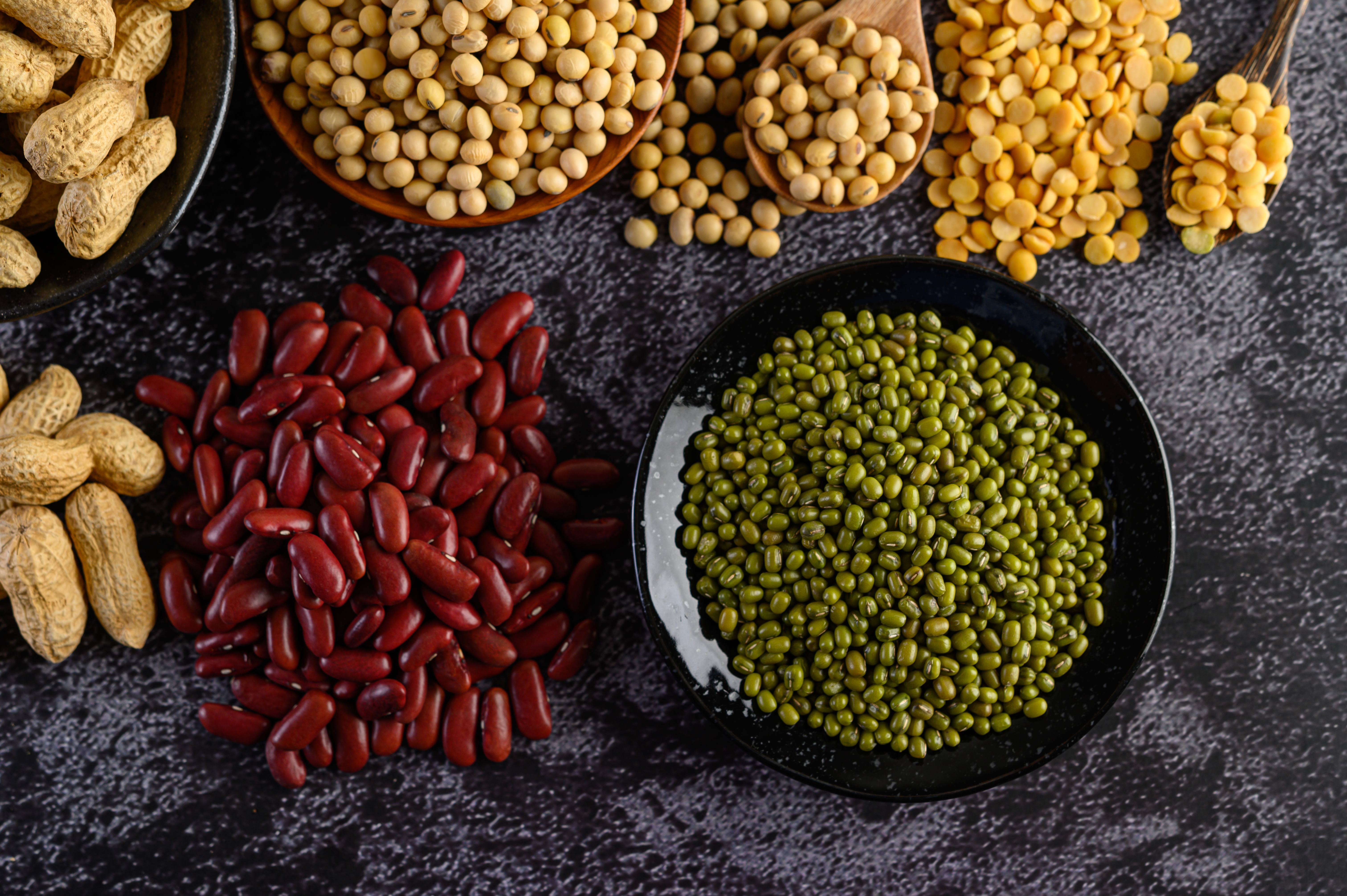
Plant-based diets have gained popularity for their environmental and health benefits, with protein sources like legumes and soy being staples. However, these proteins can be challenging for some to digest, leading to bloating and gas due to their complex carbohydrates and fiber content. Moreover, soy contains phytoestrogens and antinutrients that can affect hormone balance and nutrient absorption. It's important to diversify protein sources and pay attention to personal digestive responses when incorporating plant-based proteins into your diet.
6. The Leafy Green Dilemma
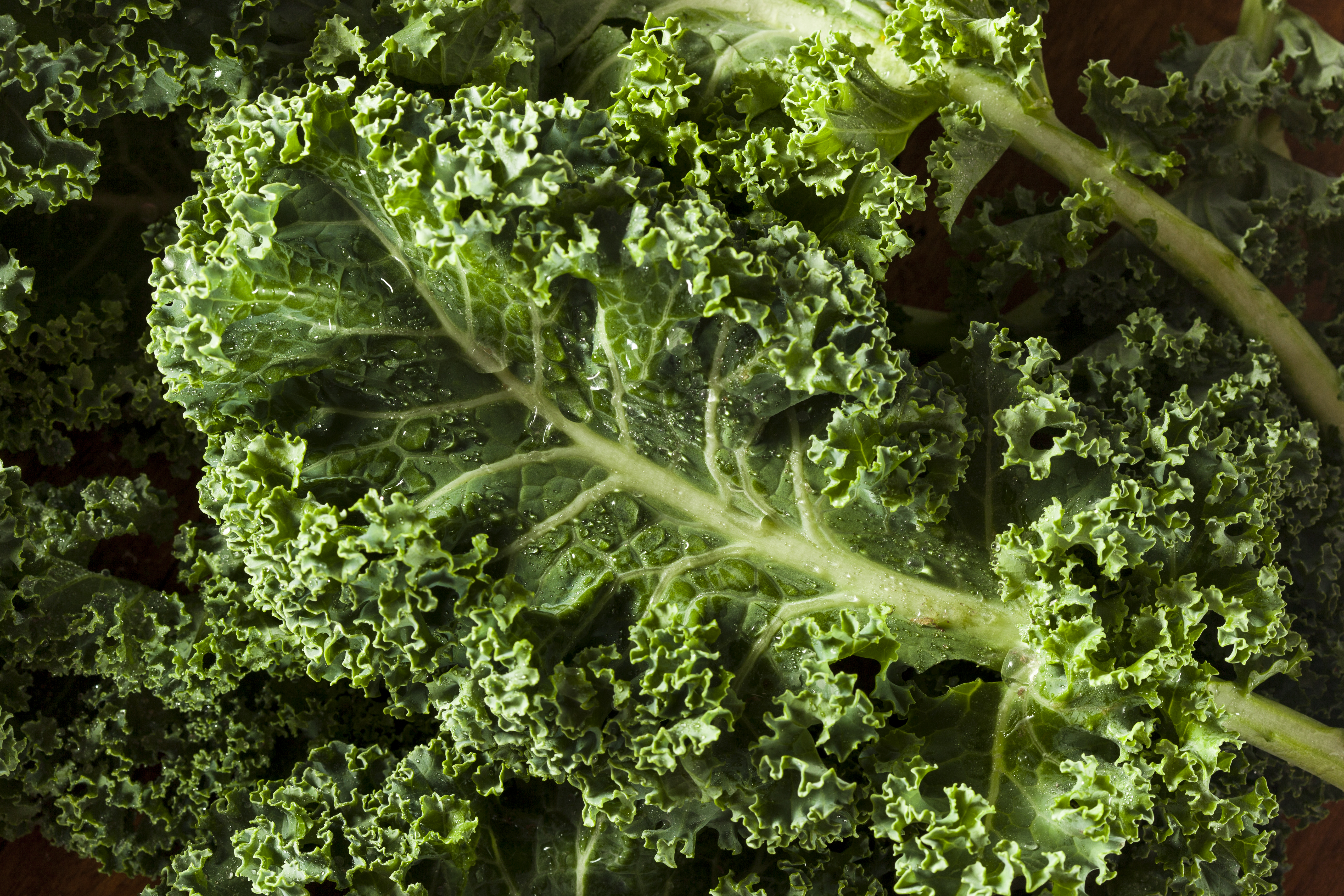
Leafy greens such as spinach and kale are nutritional powerhouses, packed with vitamins, minerals, and antioxidants. However, they also contain oxalates, which can contribute to kidney stone formation and interfere with calcium absorption in susceptible individuals. Additionally, their high fiber content can cause digestive discomfort if introduced too quickly or consumed in large quantities. Balancing leafy greens with other vegetables and ensuring adequate hydration can help mitigate potential negative effects on gut health.
7. The Hidden Risks of Green Smoothies

Green smoothies have become a staple in many health-conscious diets, offering a convenient way to consume fruits and vegetables. However, the combination of high-fiber ingredients, such as leafy greens and fruits, can overwhelm the digestive system when consumed in excess. Additionally, the rapid consumption of large quantities of raw produce can lead to bloating and digestive discomfort. It's important to listen to your body's signals and adjust the ingredients and portion sizes of green smoothies to maintain a healthy gut balance.
8. The Downside of Coconut Products
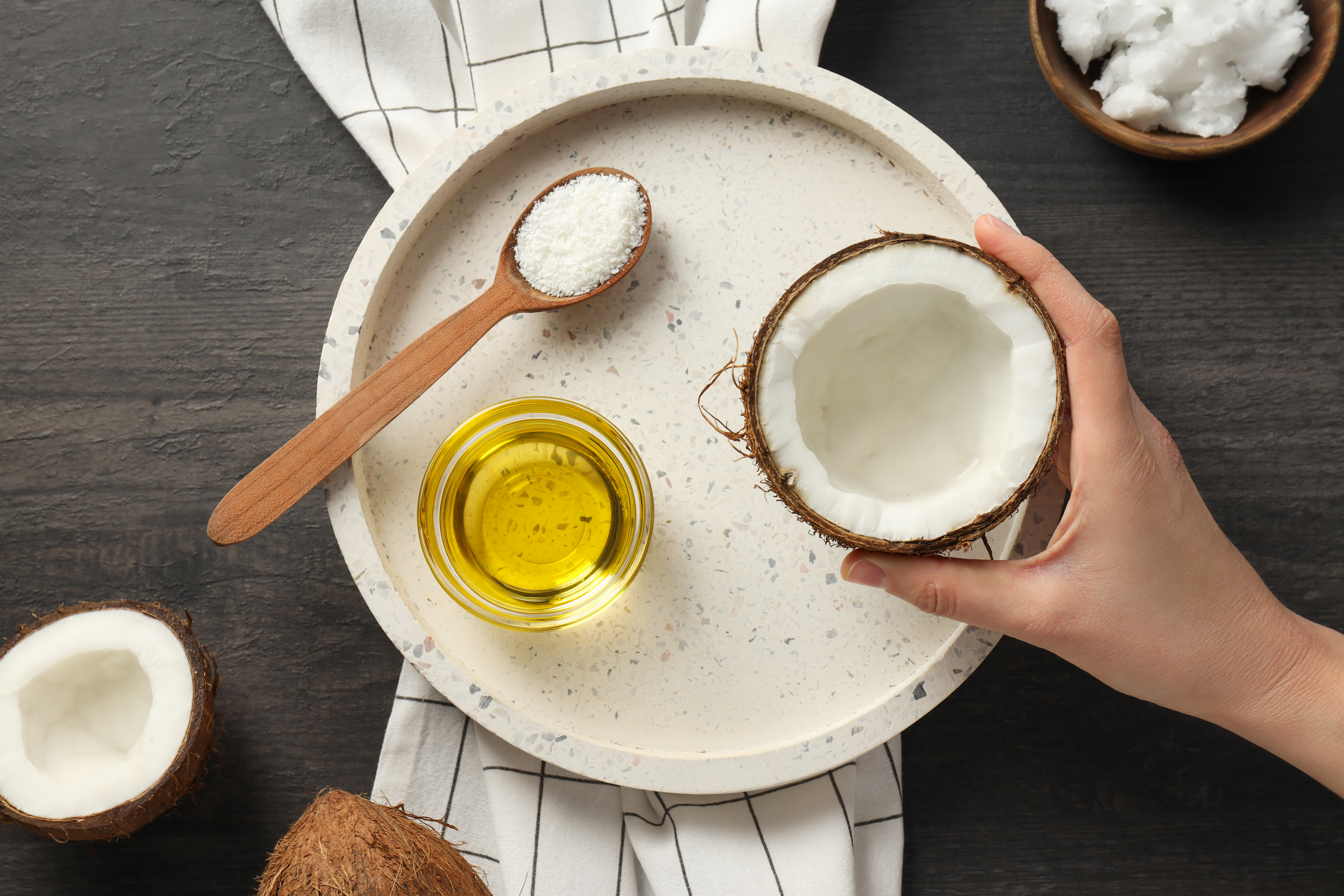
Coconut oil and other coconut-based products are often promoted for their health benefits, including medium-chain triglycerides (MCTs) that support metabolism. However, for some individuals, coconut products can cause digestive issues, such as diarrhea and abdominal pain, especially when consumed in large amounts. The high saturated fat content can also be challenging for those with sensitive digestive systems. Moderation and careful observation of your body's response to coconut products are essential to avoid gut-related problems.
9. The Misunderstood Role of Fiber Supplements
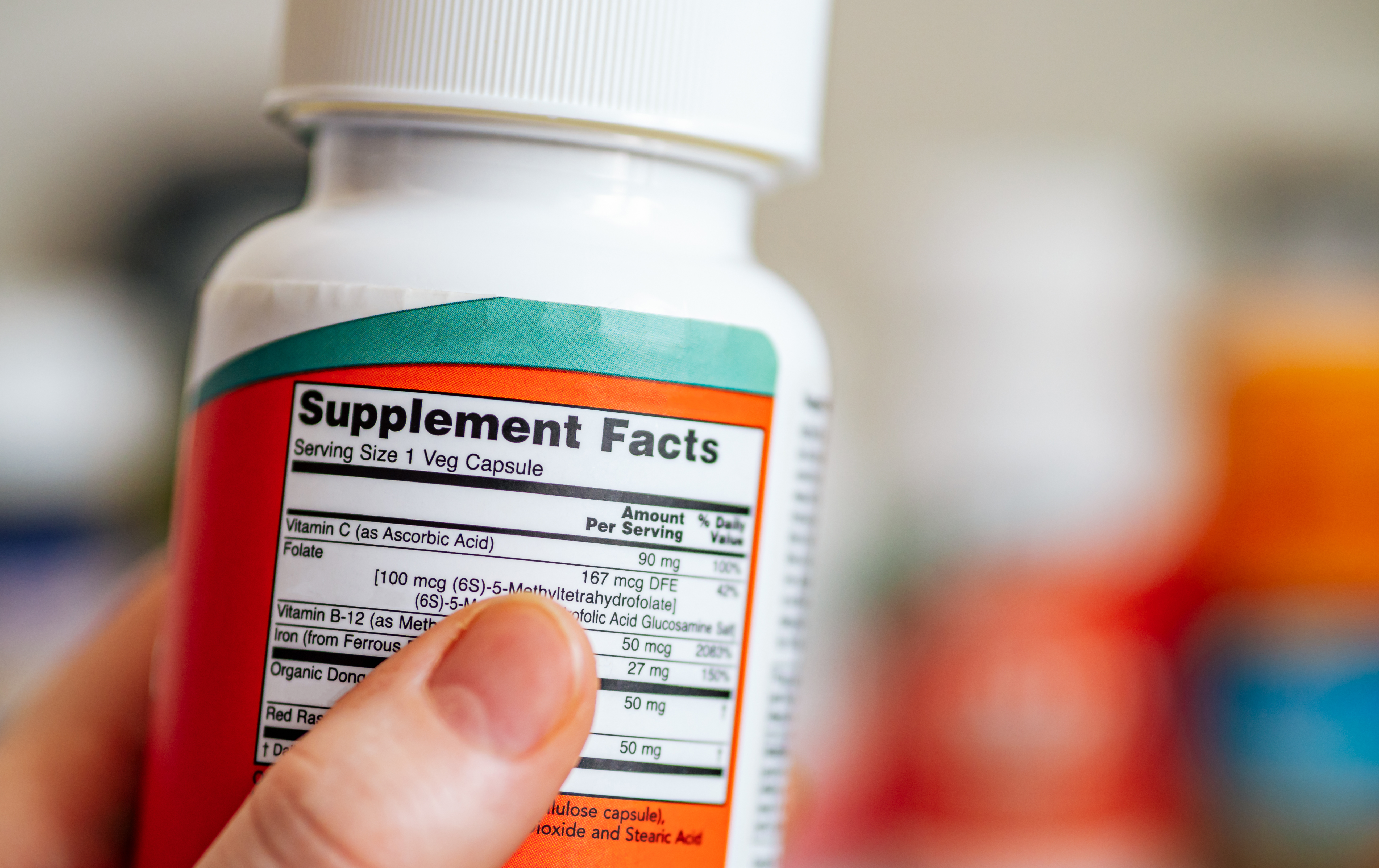
Fiber supplements are commonly used to promote digestive health and regularity. However, excessive or inappropriate use can lead to bloating, gas, and discomfort. Some fiber supplements, particularly those containing insoluble fiber, can exacerbate symptoms for individuals with conditions like irritable bowel syndrome (IBS). It's important to choose the right type of fiber supplement for your needs and gradually introduce it into your diet, ensuring adequate hydration to support healthy digestion and prevent potential gut disturbances.
10. The Potential Pitfalls of Dairy Alternatives
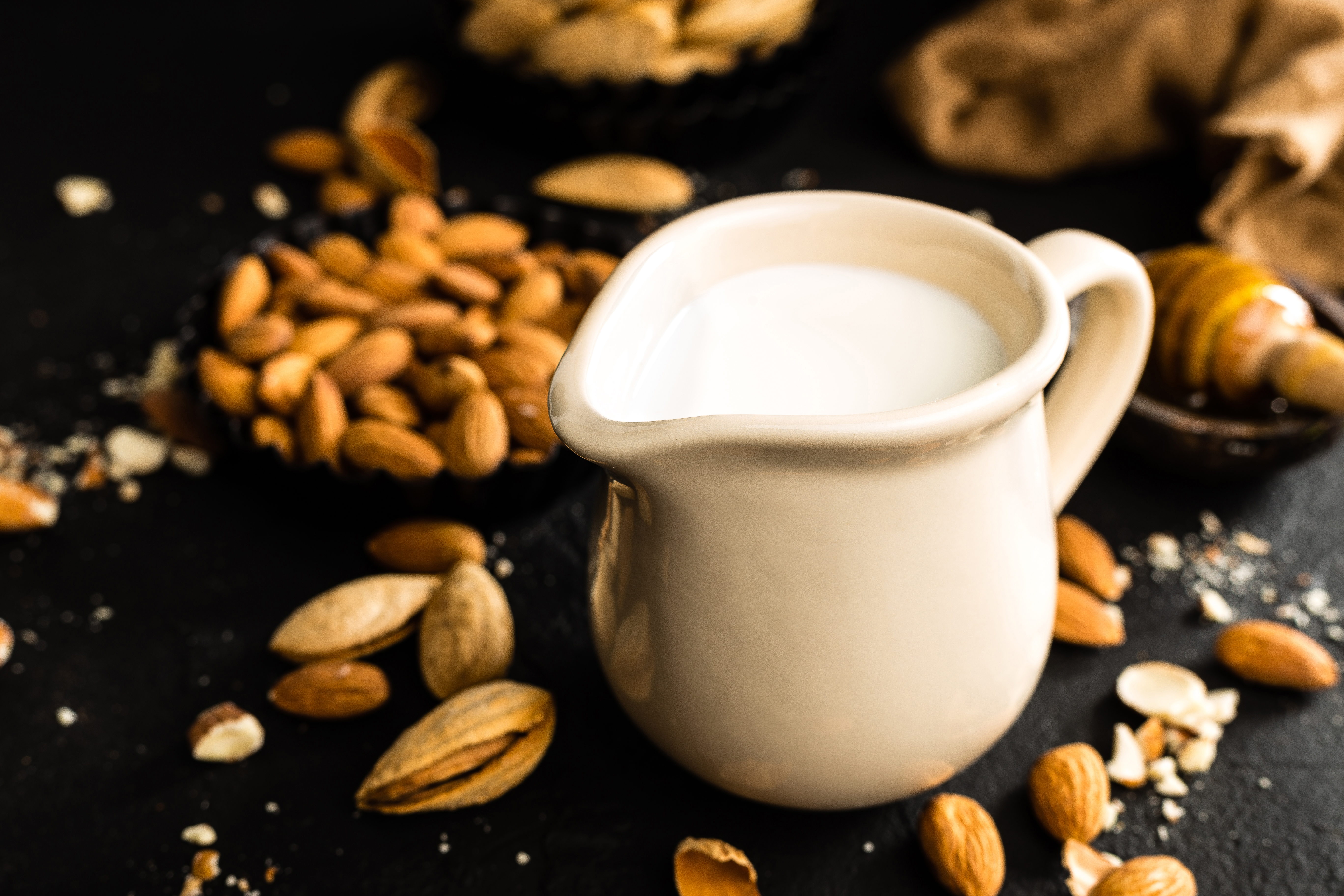
Dairy alternatives, such as almond milk and soy milk, offer options for those with lactose intolerance or dairy allergies. However, these products can contain additives like carrageenan and gums, which may irritate the gut lining and cause inflammation. Additionally, some individuals may react to the base ingredients, such as nuts or soy, leading to digestive issues. Reading labels and choosing minimally processed dairy alternatives can help mitigate these risks and support gut health.
Navigating the Complex Landscape

As we conclude this exploration of health foods that could sabotage your gut over time, it's clear that even the most well-intentioned dietary choices can have unintended consequences. Understanding your body's unique needs and responses is crucial in maintaining a healthy gut environment. By being mindful of portion sizes, ingredient quality, and individual tolerances, you can enjoy the benefits of health foods while minimizing potential negative impacts. Empowered with knowledge, you can navigate the complex landscape of nutrition and make informed decisions that support your overall well-being.
